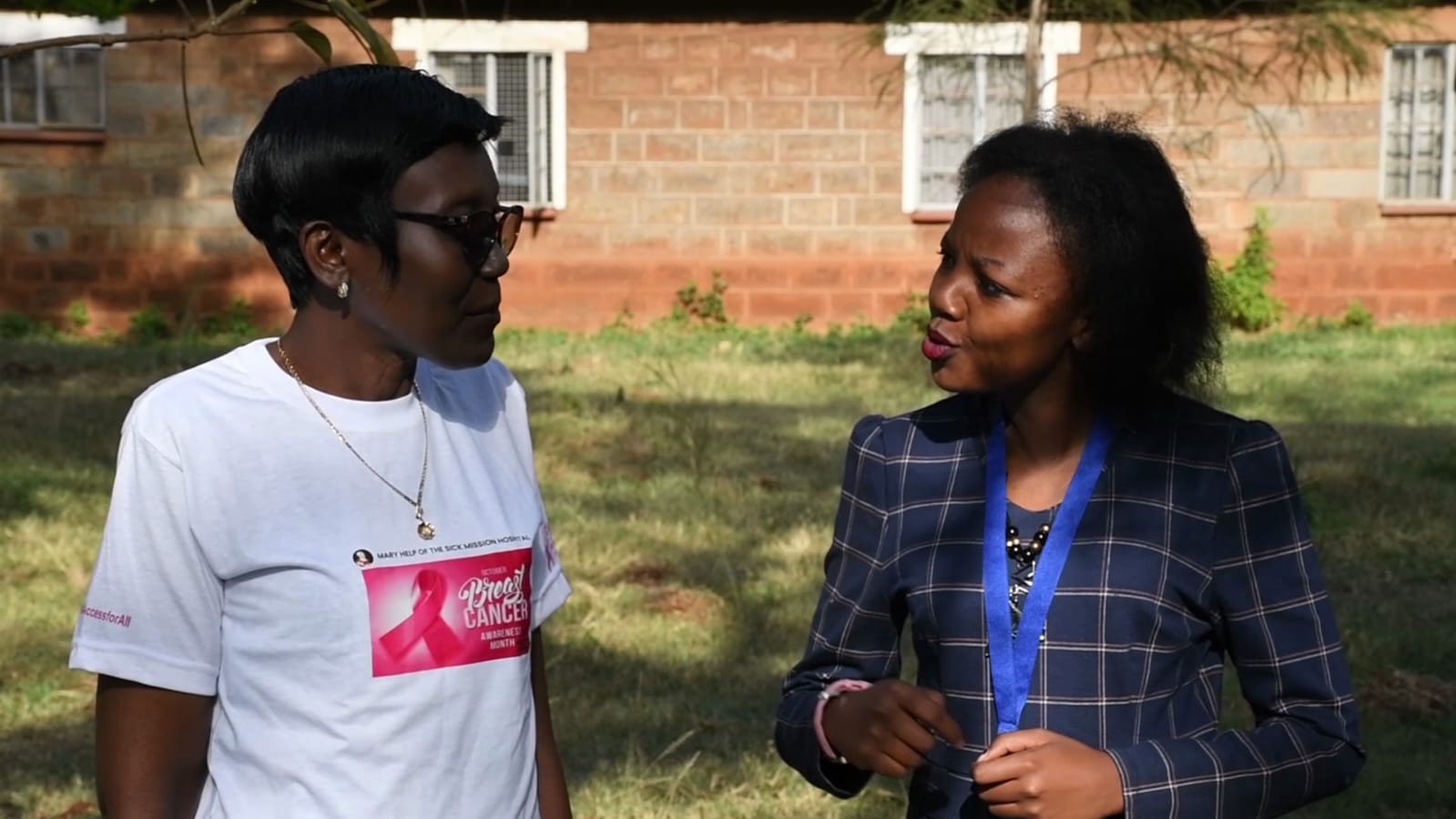A health facility in Thika that offers services to cancer patients has raised concern over increasing cases of cancer affecting men, and is advocating for early screening. The Mary Help the Sick Hospital says unlike years ago, the number of men who have been diagnosed with cancer during their screening and after services has gone up.
The sister in-charge of the facility Sagaya Rani said prostate and breast cancer were ‘biting’ men and called for early screening and detection for ease in treatment.
She said many more were dying silently because they shy away from divulging their health status.
“Unlike women, men go for screening when the disease is at an advanced stage. We advocate that as their wives attend routine checks, men should accompany them,” she said.
“Early screening and detection leads to less complications in treatment. Men should now not shy away from routine body checks and cancer screening as they are now at a risk,” she said.
She was speaking during a campaign against cancer meeting in Thika town Tuesday.
During the meeting, Selina Syomiti Kituku, a cancer survivor, recounted how late screening almost took her to an early grave, counting herself lucky to be alive.
She says fighting the pain and depression of being diagnosed with breast cancer Stage Four has been her biggest low, adding that it has taken determination and sacrifice to pull through.
Though not out of the woods yet, she hopes she has the fighting spirit to heal and become cancer free.
It all started in 2021 after feeling some pain on one of her breasts, she says. “Since then, my life has taken a drastic turn. I was to undergo 32 chemotherapy cycles because it had reached a critical stage. It has been a life of pain visiting hospitals. I’m yet to complete the cycles and hopefully will be cancer free,” Syomiti said.
She said doctors advised her to stop eating junk foods and instead go for natural foods.
“The sacrifices one has to make throughout the process are painful. However I’m happy to be alive,” she said.
What she advocates is early screening saying had she been diagnosed early, the process would have been less expensive and painful.
Syomiti at the same time acknowledges her support systems of relatives and friends for encouraging and giving her hope saying the good gesture enabled her to overcome the trauma.

